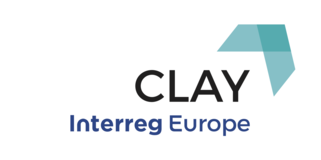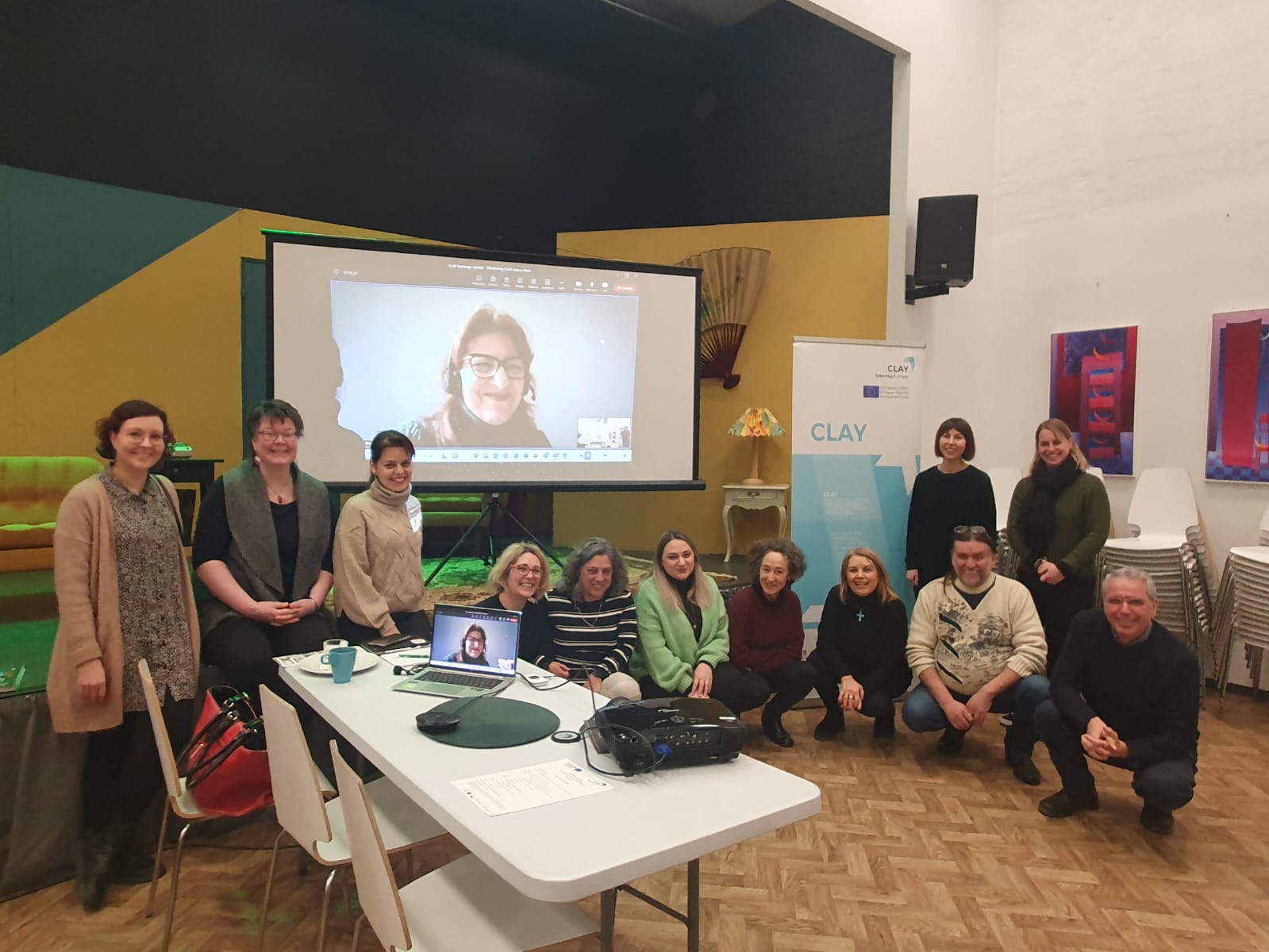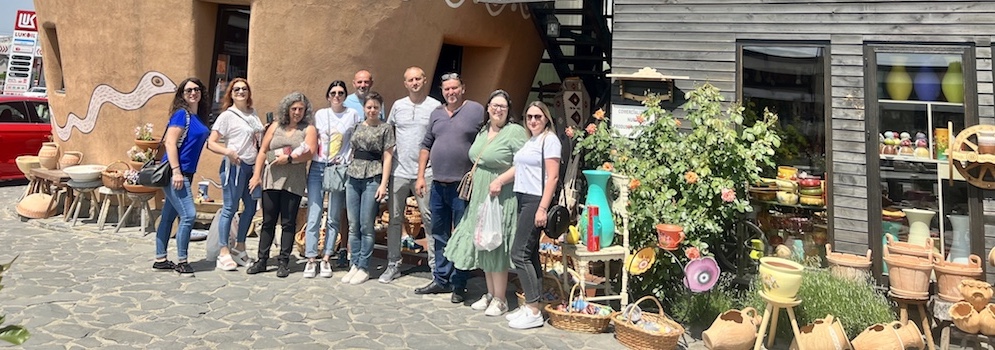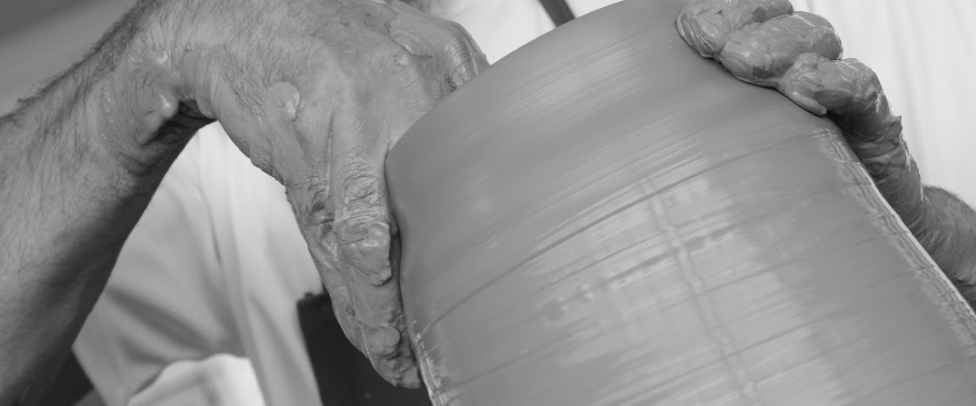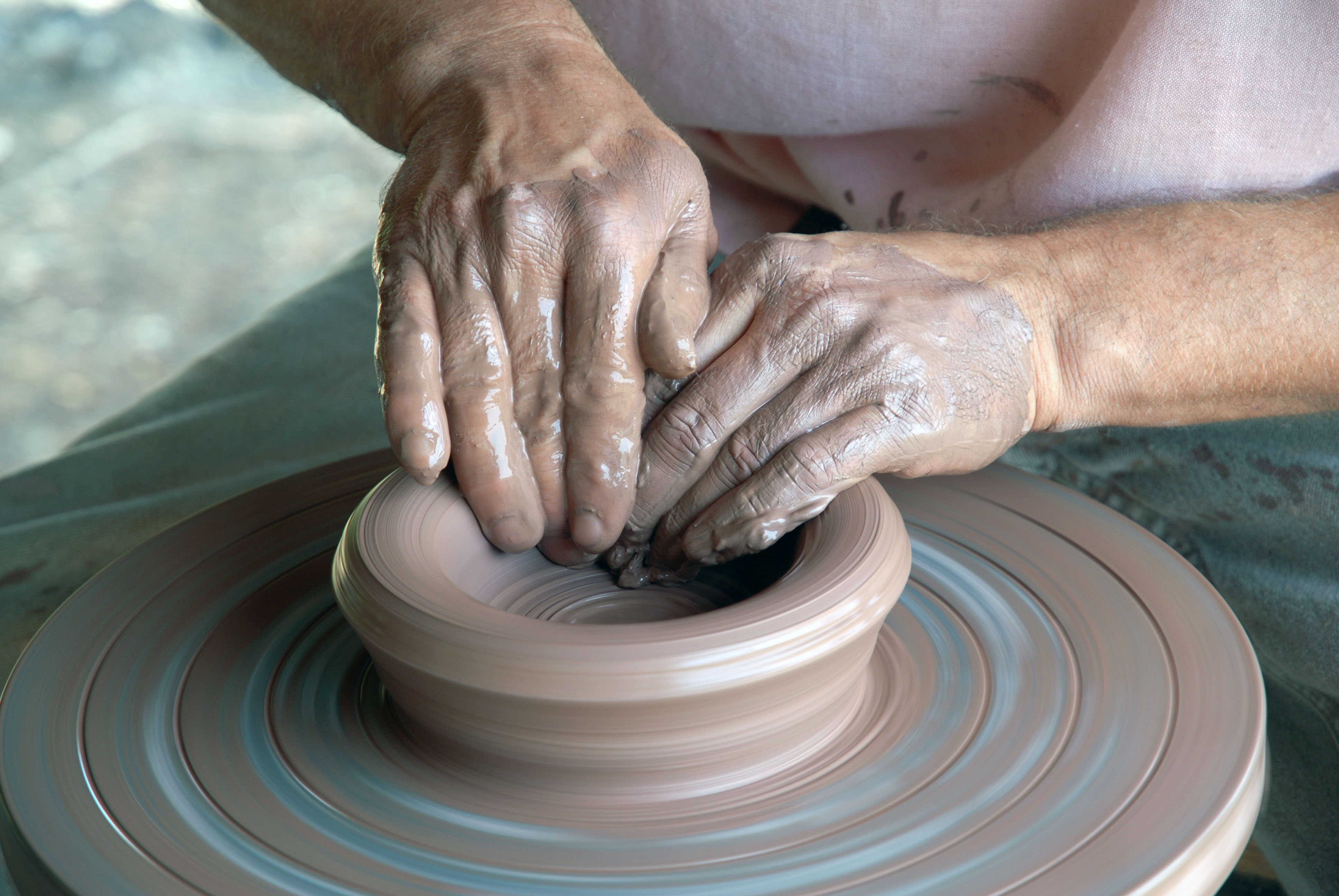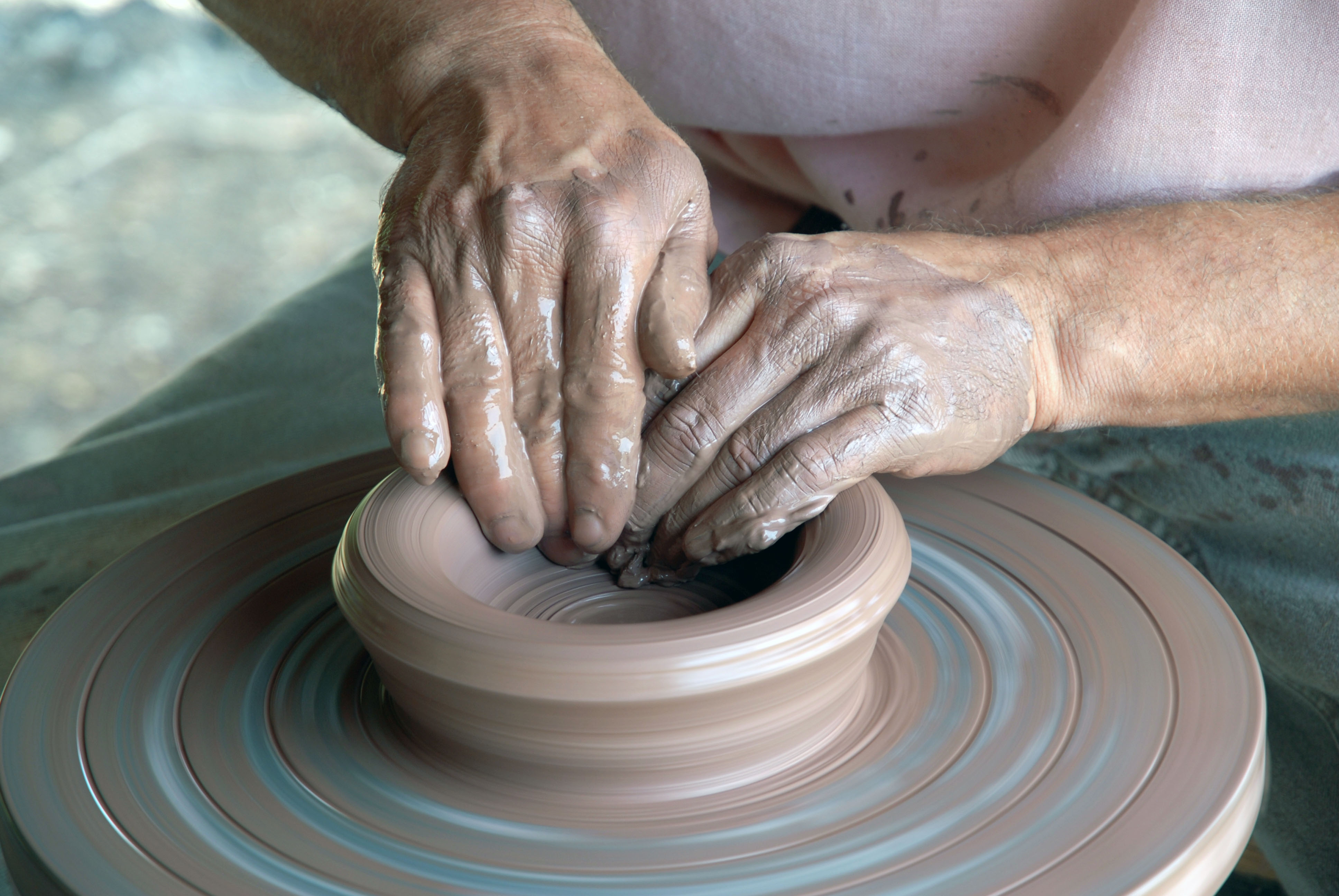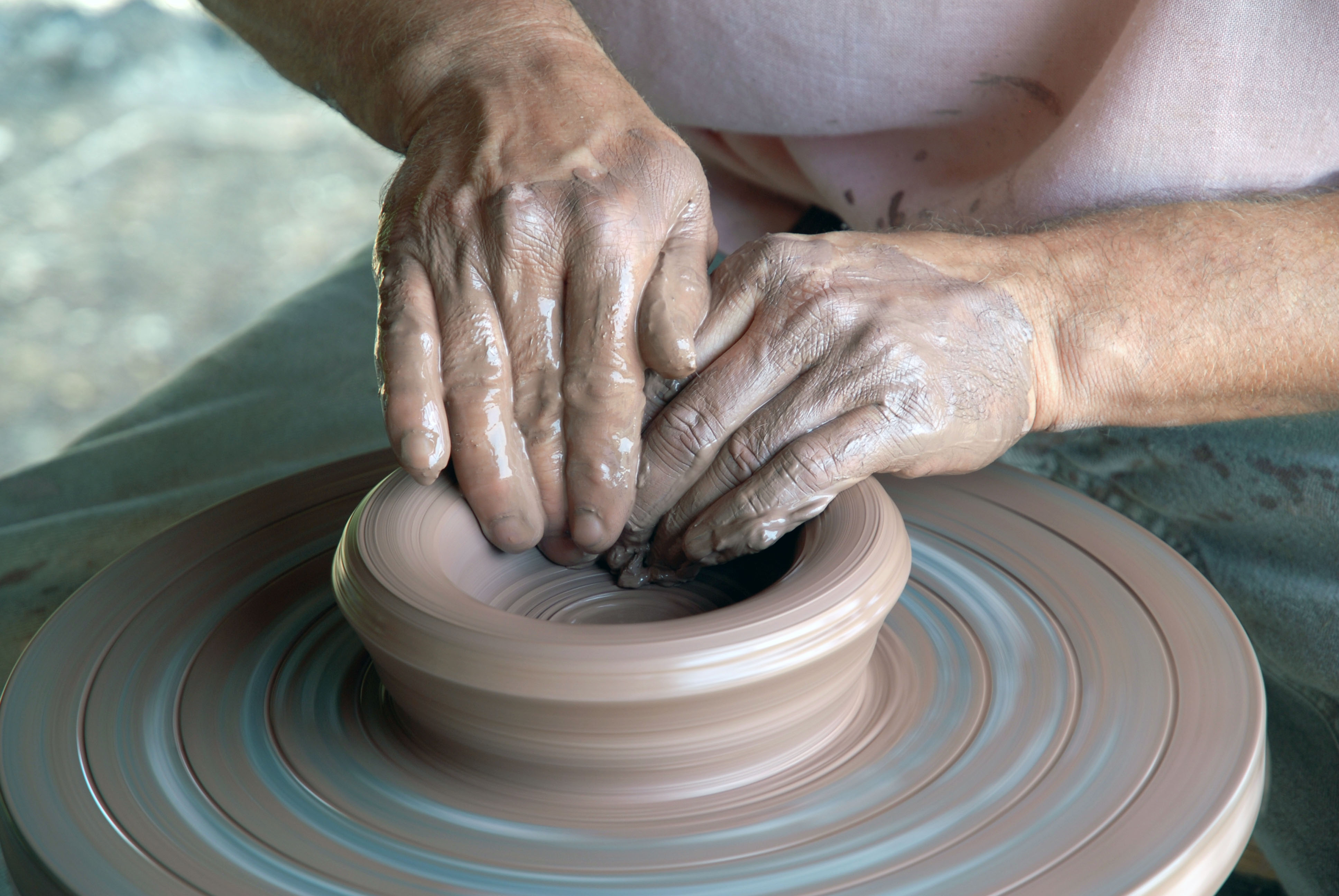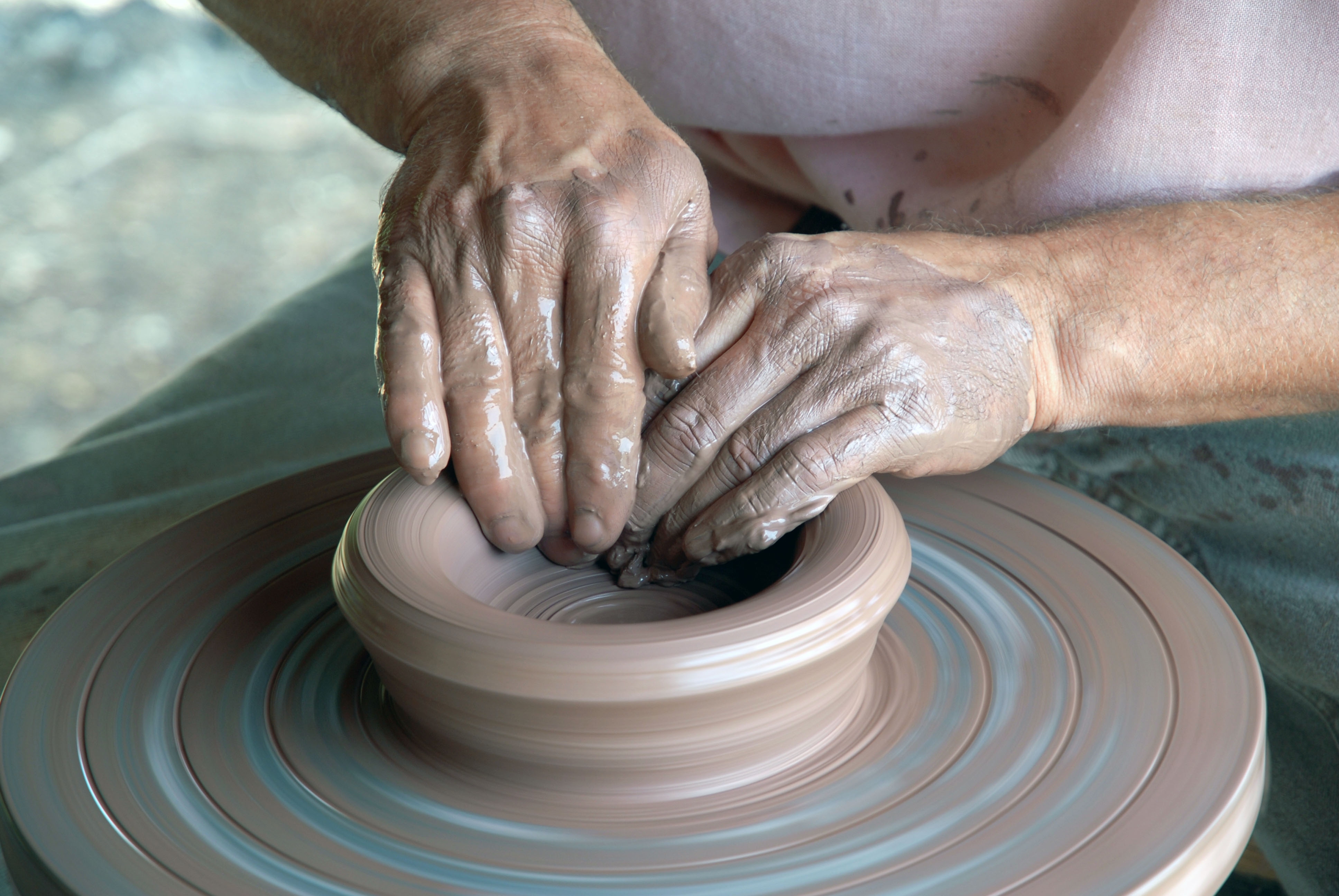November 21, 2018 - CLAY (Cross Sector support for Innovative and Competitive Artistic Ceramic SMEs) is the name of a new Interreg Europe project started on June 1, 2018, coordinated by the Regional Government of Umbria.
Interreg Europe is a programme helping regional and local public bodies across Europe to develop and deliver more effective policies. The CLAY project, in fact, through the sharing of best practices and solutions among the partners in the artistic and craft ceramic sector, will lead to the development of policies and concrete actions to support and enhance the competitiveness of small and medium European ceramic enterprises. This will be done starting from a study of the strengths and weaknesses of the ceramic sector, that has passed through the economic crisis showing several critical issues.
CLAY aims at supporting the ceramic sector by prioritising new technologies, strengthening brands and developing new services to maintain the competitive advantage and face the challenge of globalisation. The interregional exchange will help CLAY partners to improve regional programmes and policy instruments that can strengthen the tradition and boost the innovation in the artistic ceramic sector.
The CLAY project gathers 5 regions which have both important ceramics traditions and innovative small and medium enterprises, and uses interregional exchange to identify solutions to the challenge of matching tradition and innovation, by improving regional programmes for innovation.
The CLAY project is implemented by 6 partners:
• Regional Government of Umbria (Lead Partner - Italy);
• AEuCC - European Grouping of Territorial Cooperation "Cities of Ceramic" (Advisory Partner, legally based in Spain, with headquarters in Italy);
• ADRSV - Regional Development Agency South West Oltenia (Romania);
• Regional Council of South Ostrobothnia (Finland);
• CTCV Technological Centre for Ceramics and Glass (Portugal);
• Association for the development and promotion of the European ceramic center (France).
The main goal of the project is therefore to show that product, process design and innovation can keep tradition and modernity visible and competitive in the current scenario. The overall objective is to ensure that the selected policy instruments are adapted to support the ceramic sector to flourish in the contemporary global environment. This will benefit the artistic ceramic sector and other sectors of the regional economy involved in the innovation of industrial processes.
Currently, each partner is organizing a meeting with the local operators of the sector, in which the invited stakeholders get to know the project and develop a discussion, exchanging views and identifying the main strengths and weaknesses regarding the artistic ceramic sector in their country, as well as focusing on the innovation measures already in place. In this first step of the project, each partner will in fact provide a Sector Analysis, consisting in an in-depth territorial study to understand the key features of the artistic ceramic sector and of the innovation environment existing in their regions.
The second step, starting in December 2018, will see the partners analysing what type of innovation can be promoted in ceramics (process, product, marketing) and which are the innovation needs to be met. Once having got a full understanding of the sector and needs, in the third step of CLAY project the partners will analyse how such needs can be met, who are the key actors that can support the innovation process and which is the relevant policy context. Then, thanks to the knowledge acquired and to the Good Practices identified, CLAY regions will develop their local Action Plan, aimed at improving the policy instrument identified, supporting small and medium enterprises in the field of artistic and craft ceramics.
The next Interregional Learning Event will be held in Limoges (France), one of the world capital cities of porcelain, in February 2019 and will include study visits, enabling partners to observe and gain knowledge about "good ceramics practices" developed in this region.
The CLAY project belongs to the Priority Axis 2 of the Interreg Programme (SME competitiveness) and has a duration of 5 years (2018-2023), divided into phase 1 (36 months - Regional Learning + Interregional Learning + European Learning) + phase 2 (24 months - Implementation and Monitoring of Action Plan).
CLAY Website
Social media
Facebook | www.facebook.com/clayeurope/
Linkedin | www.linkedin.com/company/interreg-clay/
Instagram | www.instagram.com/clayeurope/
Youtube | https://www.youtube.com/channel/UCjqhhDmo5HmXfnI9a-Bd4RA
Press office of the project
Paola Casta (AEuCC) | [email protected]
